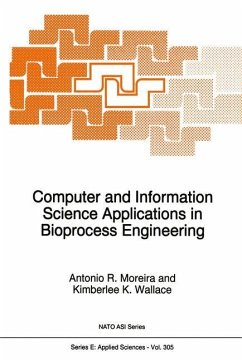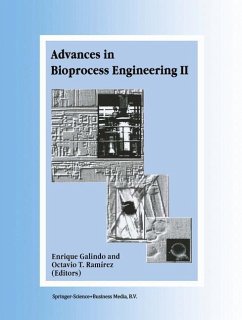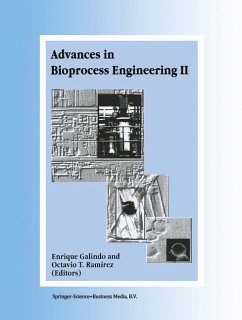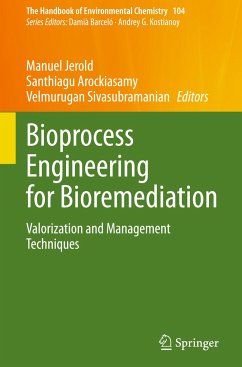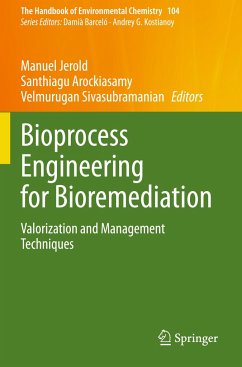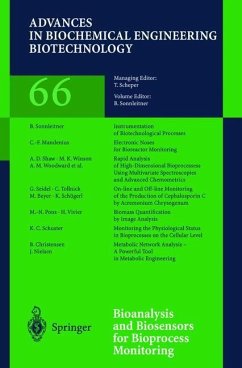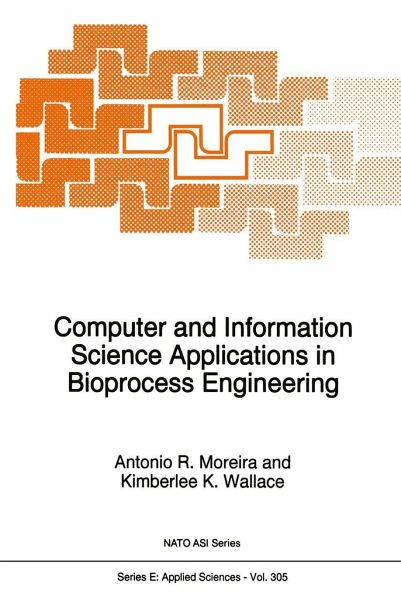
Computer and Information Science Applications in Bioprocess Engineering
Versandkostenfrei!
Nicht lieferbar
Biotechnology has been labelled as one of the key technologies of the last two decades of the 20th Century, offering boundless solutions to problems ranging from food and agricultural production to pharmaceutical and medical applications, as well as environmental and bioremediation problems. Biological processes, however, are complex and the prevailing mechanisms are either unknown or poorly understood. This means that adequate techniques for data acquisition and analysis, leading to appropriate modeling and simulation packages that can be superimposed on the engineering principles, need to be...
Biotechnology has been labelled as one of the key technologies of the last two decades of the 20th Century, offering boundless solutions to problems ranging from food and agricultural production to pharmaceutical and medical applications, as well as environmental and bioremediation problems. Biological processes, however, are complex and the prevailing mechanisms are either unknown or poorly understood. This means that adequate techniques for data acquisition and analysis, leading to appropriate modeling and simulation packages that can be superimposed on the engineering principles, need to be routine tools for future biotechnologists. The present volume presents a masterly summary of the most recent work in the field, covering: instrumentation systems; enzyme technology; environmental biotechnology; food applications; and metabolic engineering.




